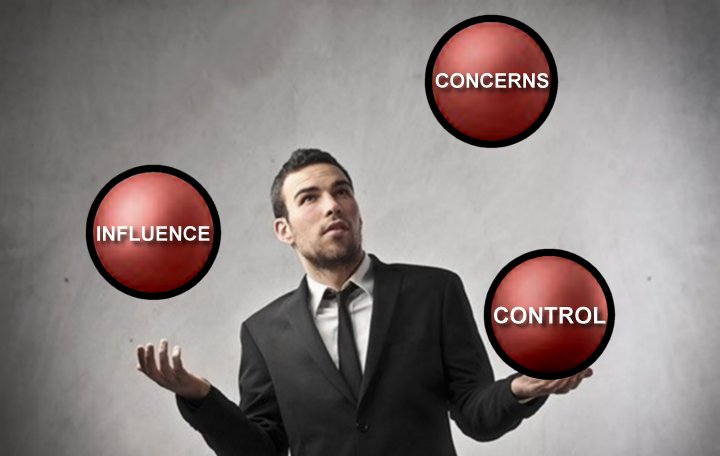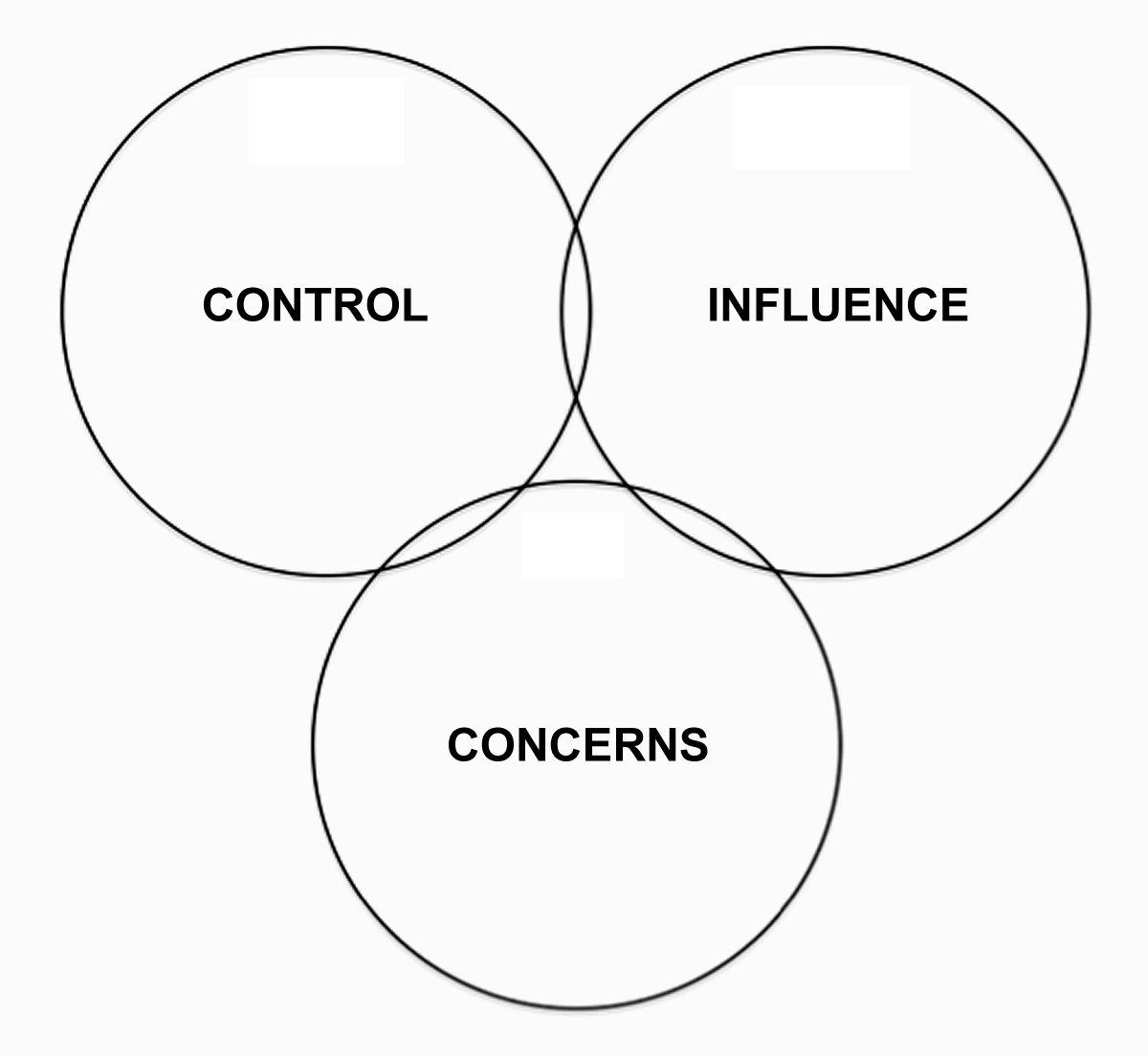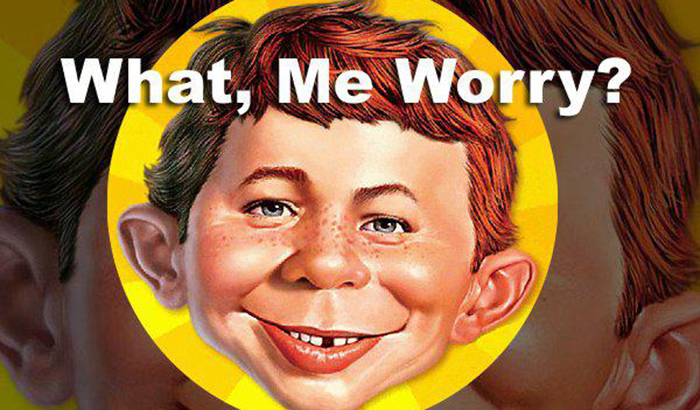As coaches, we are often charged with helping individuals carve out better paths to travel along their life’s journey. What are the 3 circles of influence? The three circles of influence were brought to light in mainstream coaching by Stephen Covey in his The 7 Habits of Highly Effective People and it is a highly effective method of helping sort out the concerns one has in a client’s life.
Your concerns can draw an enormous amount of energy from your resources, so it is important to sort out the details to better focus your attention and energy where it can be useful and have the most impact on your life. The three circles of influence are a great tool for use in this sifting and sorting process.
Once you have completed the work of delineating the three areas which include the things you can control, those things which you can influence, and those things which you have no influence over, then you can choose to focus your energy and attention on the appropriate information as they come to your awareness. This leads to a happier more productive life.
To start, draw three circles on a piece of paper and label them as Control, Influence, and Concerns.
Next place the subjects which you are concerned about throughout your day is each appropriate circle.
Control
In the circle titled “Control” put all the things, you are concerned or passionate about over which you have total control. These will come easily to you, slowly at first, then more rapidly as we go along.
Influence
The “Influence” circle is for all the things that you are concerned about that you may not have direct control over but may have some influence over and could potentially shift the direction of a concern or its momentum by adding your attention or energy to it.
For instance, you may not be able to tell someone what to do, but you could influence them by talking to them, persuading them, or helping to emotionally support or finance them. These are examples of influence.
Concerns
While all these issues which you may or may not have control or influence of garner your attention and could potentially distract you from achieving your highest and best, the circle of “Concerns” contains all those things that you neither have control nor influence over.
No matter what they are or how passionately you feel about them, you simply cannot do anything about them. They go in the circle of concerns.
As you move through this process, if you think more about the items in your circle of concerns that you feel like they are totally out of your control whatsoever, you may realize that you may be able to have some influence over them. Then you can move them to the influence circle.
And if you discover that you have more control over things in your circle of influence than you first gave yourself credit for, you could move them to your circle of control.
Once you have completed this task, you will have charted out those things which you have control or influence over and those that you simply can have no effect on, no matter how passionately you feel about them.
The remaining list of concerns? Just forget about them. Stop wasting your time, attention, and energy thinking or worrying about them.
Focus your attention and energy on those things you either have control of, or can influence, and avoid the others, they are only distractions which drain your precious energy and resources. Stop worrying about them.


